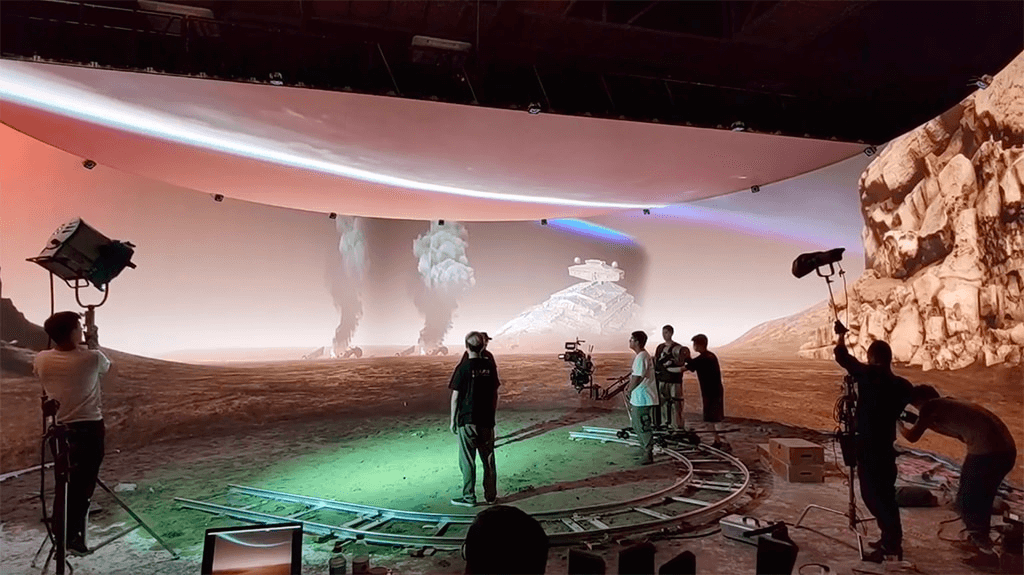Lighting and Color
Lighting and color are powerful elements in a director’s visual toolkit. They set the mood and tone of a scene, influencing the audience’s emotional response. Directors like Wes Anderson are known for their distinctive color palettes, using carefully selected hues to create a whimsical, storybook-like atmosphere.
Advertisement

The Evolution of Cinematography
As technology advances, so does the art of cinematography. Directors continuously push the boundaries, experimenting with new techniques and tools to enhance their storytelling.

Digital Revolution
The transition from film to digital has revolutionized cinematography, offering directors greater flexibility and creative possibilities. Digital cameras allow for more dynamic lighting setups and easier post-production manipulation, enabling directors to achieve their vision with greater precision.

Virtual Production
Innovative technologies like virtual production and LED volume stages, popularized by shows like “The Mandalorian,” allow directors to create immersive, photorealistic environments in real-time. This technology expands the creative horizon, enabling directors to blend practical and digital elements seamlessly.

The director’s influence on cinematography is profound and multifaceted. Through their unique vision, directors shape the visual language of a film, crafting memorable and impactful cinematic experiences. Whether through meticulous shot composition, innovative camera techniques, or creative lighting and color choices, directors leave an indelible mark on the art of visual storytelling. As technology continues to evolve, the collaborative partnership between directors and cinematographers will undoubtedly lead to even more groundbreaking and visually stunning films in the future.

